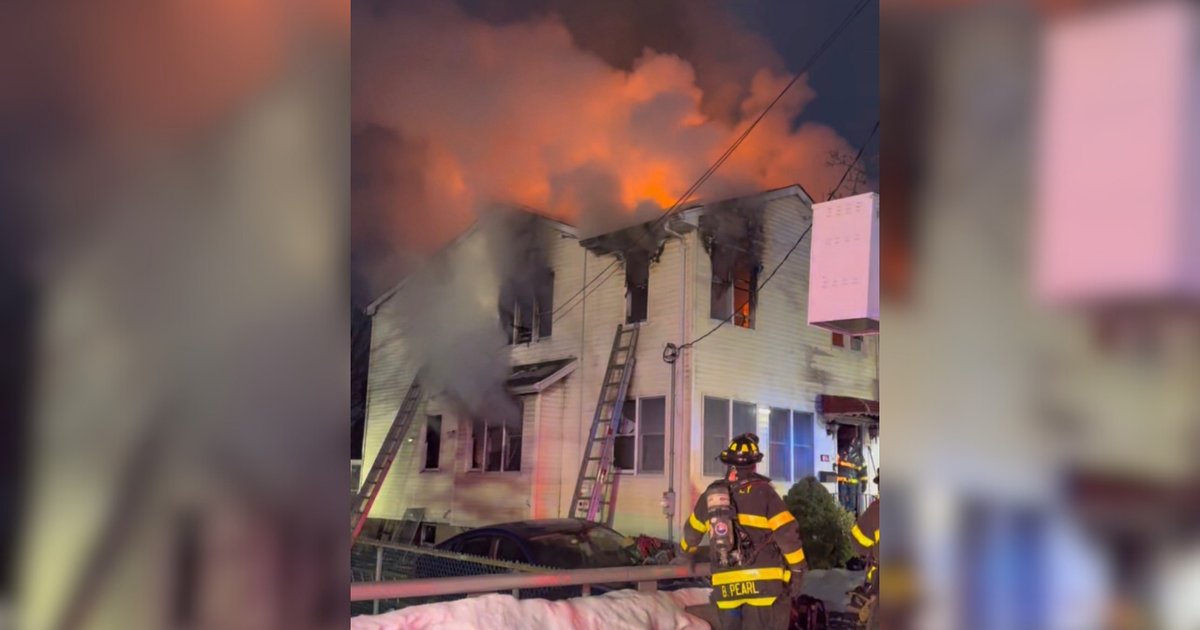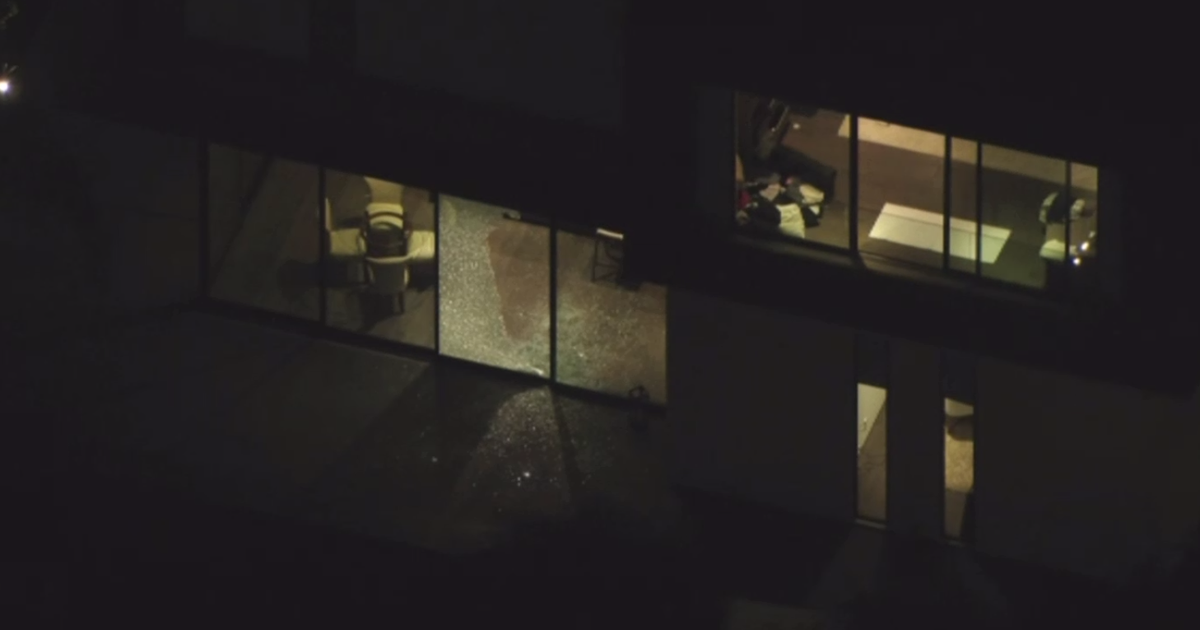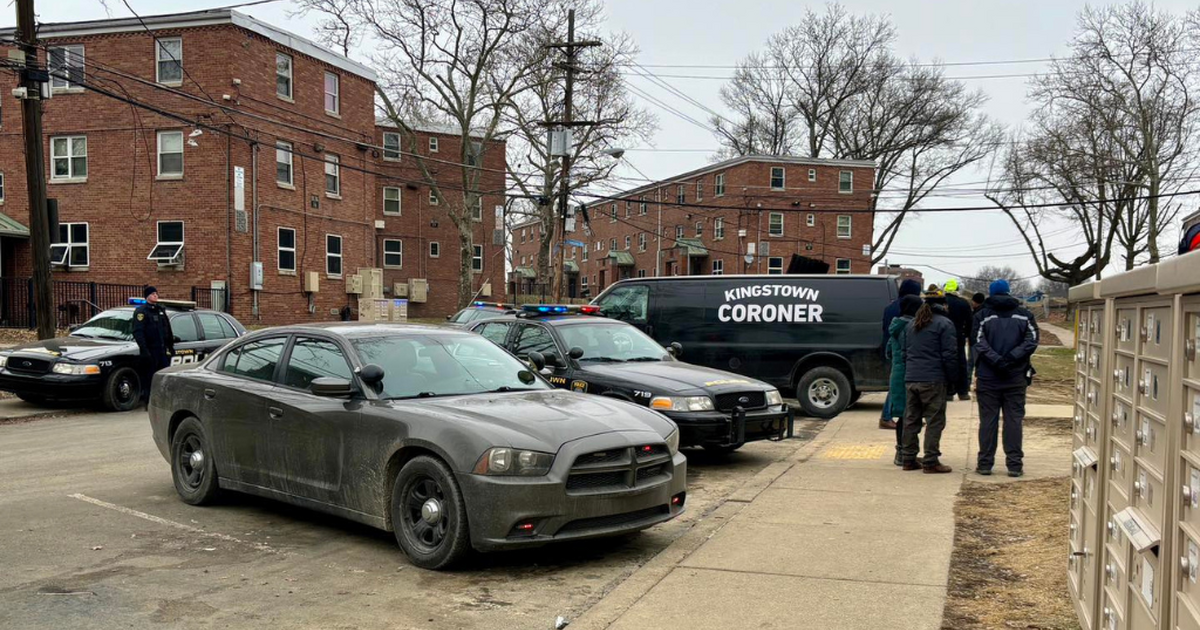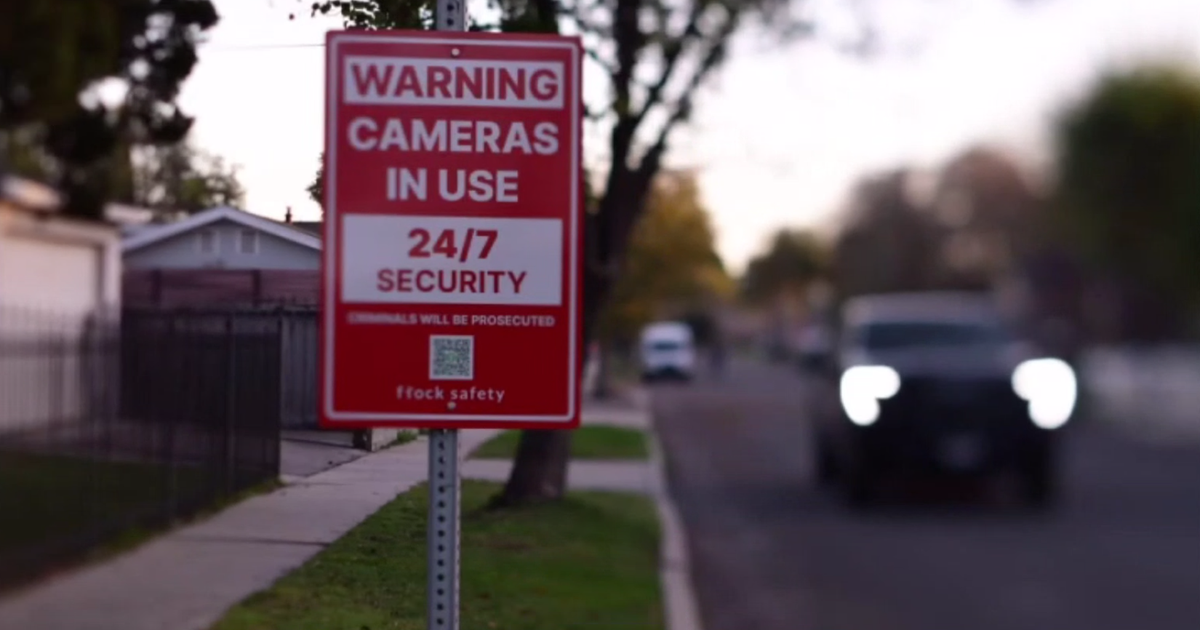Newark Mayor Baraka introduces proposals designed to stop investors from buying homes and turning them into rentals
NEWARK, N.J. -- Who owns Newark?
Not local residents, according to a new Rutgers University-Newark study, but rather large-scale investors turning homes into rentals.
As CBS2's Christina Fan reported Wednesday, the city is trying to level the playing field.
In the West Ward and South Ward, homeowners say they're all receiving the same harassing fliers, signs, and phone calls.
From who? Large-scale investors.
And research indicates they are quickly buying out Newark.
"They come examine when you're not here. It's really crazy," West Ward resident Samiyah Horton said.
"They are telling them, 'Oh, your house is not worth this, this and that. With the area and how things are going, we can give you this,'" said Ibn Grimsley of the South Ward.
According to the Rutgers-Newark study, between 2017 and 2020, 2,500 homes, more than 47 percent of the city's one-to-four-unit buildings, were sold to institutional buyers.
City leaders are vowing to change that landscape.
"They've injected themselves into this process by purchasing all this property quickly, so we have to do something now to stop the trend," Mayor Ras Baraka said.
The package of proposals introduced by Baraka on Wednesday include making it illegal for people to solicit, forcing LLCs to become more transparent, and adding a deed restriction to city-owned and land bank properties.
Professor David Troutt, director of the Rutgers Center on Law, Inequality and Metropolitan Equity, explained the consequences of inaction.
"They will completely price out homebuyers and they will be able to outbid because they pay in cash and their financing costs are lower," Troutt said.
On one block alone, families said two homes were recently purchased by investors. They said they're hopeful the mayor's proposals will preserve their community.
"It feels like we are being preyed upon because if you say no, I need to say no every day, five to 10 times a day," said Deborah Smith Gregory of the West Ward.
City leaders say the investors are not breaking any laws, but that doesn't mean their actions are moral.
The study identified four large investment companies that accounted for roughly a quarter of the activity.
CBS2 reached out to them for comment, but did not immediately hear back.








